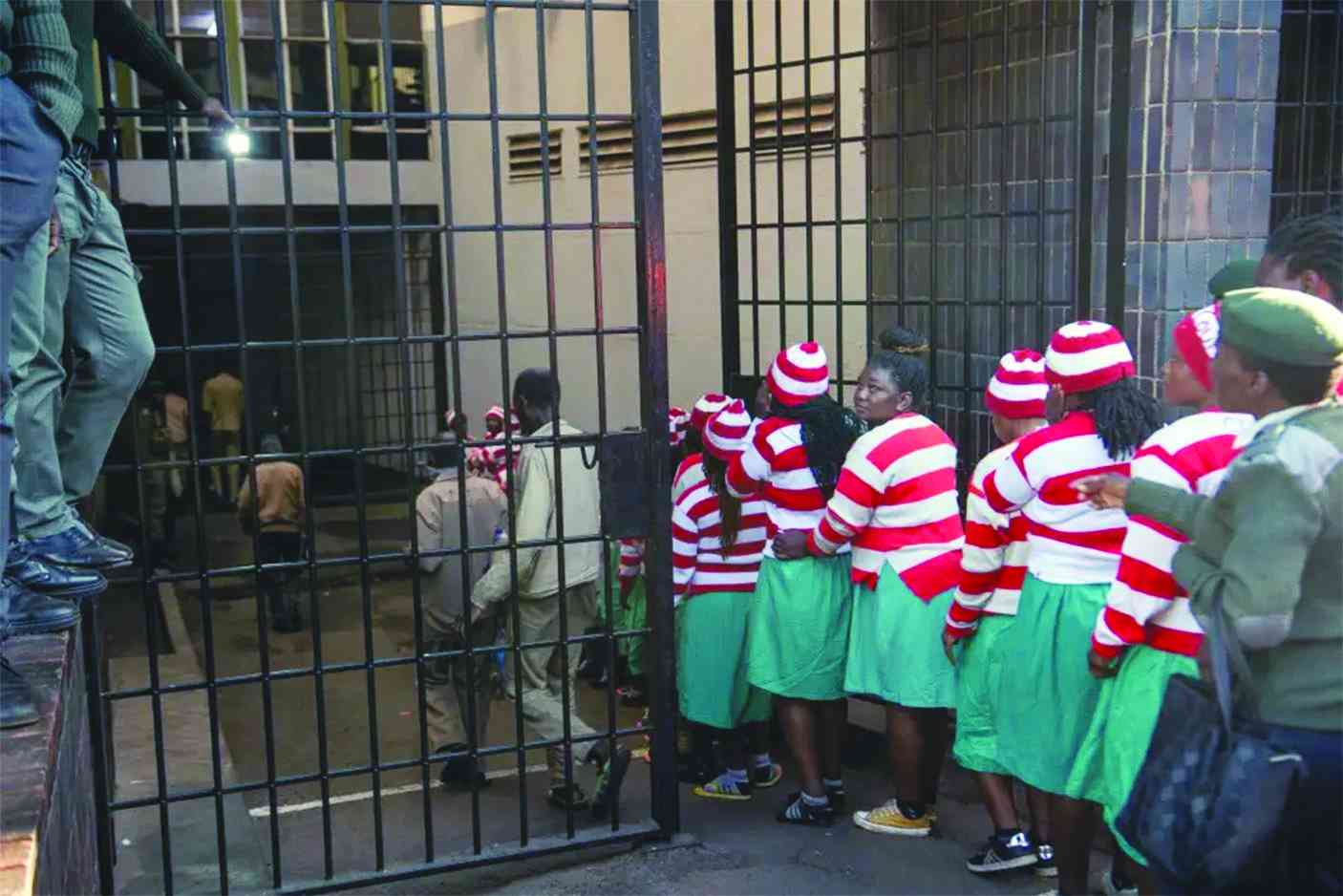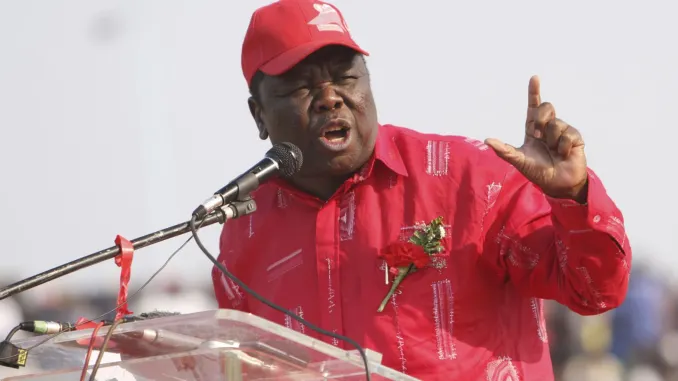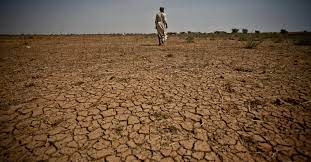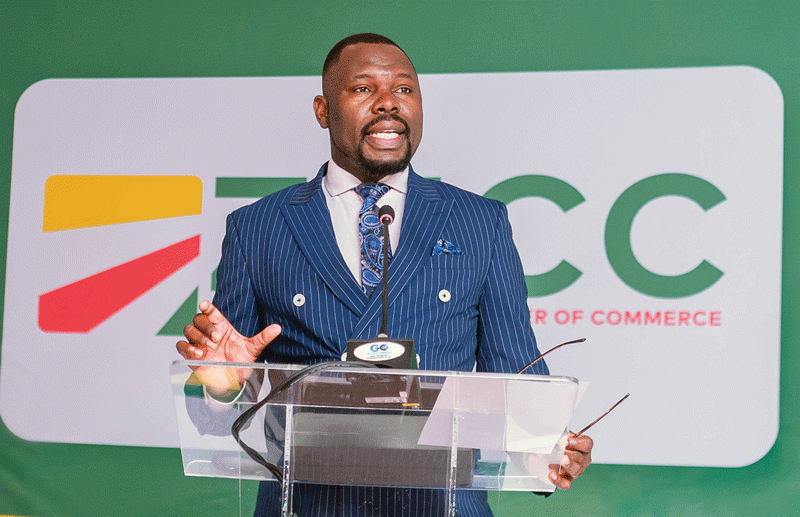
THE 44th Sadc Summit held in Harare has come and gone. The only relic evidencing that the regional block had its summit is its customary communiqué.
As expected, it is a seven-page document that says nothing in particular if one hopes for a clear direction on how the bloc will address the region’s pressing challenges. That hope is painfully misplaced.
The communiqué, a mere collection of diplomatic pleasantries, fails to address the real issues at hand. The region needs more than just a club of ruling elites, who meet each year to pat each other on the back for one mediocre milestone or another lacklustre achievement.
It needs effective leadership to address the pressing challenges it faces, and Sadc is best placed to offer that leadership.
My objective in this article is not to dismiss Sadc as inconsequential but, on the contrary, to demonstrate how the current challenges facing the region require more effective leadership from the bloc.
The region is in dire need of honest, decisive, and collective leadership to steer it into growth, viability and sustainability. The current lack of such leadership is a cause for concern.
I will highlight some crises facing the region and demonstrate how, based on the communiqué, Sadc is failing its citizens and risks becoming irrelevant.
Poverty and humanitarian crisis
- Sadc summit saves Vic Falls council boss from demo
- Doek and Slay postponed due to Sadc summit
- Alarm over police crackdown ahead of Sadc summit
- Zim scores an own goal
Keep Reading
Southern Africa is home to four of the 10 poorest countries in the world, according to gross domestic production GDP and private-public partnership (PPP) in 2024.
Mozambique, Malawi, Democratic Republic of Congo (DRC) and Madagascar are among those. Of course, the rest of the countries are not faring any better, except for South Africa, Botswana, Namibia and Mauritius.
Reports indicate that about 40% of the population in the region live in abject poverty. That translates to at least 145,2 million people per 2020 statistics.
With the region facing the worst drought in decades that has thrown millions more into vulnerability, one would expect that poverty and food insecurity will be a big focus of the Sadc Summit, and very clear commitments will be made towards addressing this, considering the gravity and urgency of the matter. The communique addresses this matter as follows:
“Summit urged member states to implement the Sadc Regional Humanitarian Appeal to the El Niño-induced drought and floods, which the Sadc chairperson launched at the extraordinary summit held on 20 May 2024 in close collaboration with Sadc Secretariat and partners.”
The appeal referred to here is a US$5,5 billion begging bowl to “the international community, the private sector and individuals of goodwill” to support over 61 million people affected.
The communiqué does not state the progress, the means, or the plans in this regard; it only urges member states to implement the appeal — whatever that even means!
There is no collective regional effort even for long-term poverty eradication or for building resilience in the face of these disasters.
The energy crisis
In recent years, the energy crisis in the region has worsened, with South Africa, Zimbabwe and Zambia hardest hit. This crisis has been stoking the region for quite some time despite the region’s rich natural resources, including coal, water, biomass, solar and wind, which can be harnessed for energy.
The crisis results from many challenges, including constrained and aging infrastructure, lack of funding for infrastructure and discordant national energy policies and regulatory mechanisms.
On the other hand, the region over-relies on coal, with Zimbabwe recently making further investments in thermal power infrastructure despite the looming climate catastrophe, which requires a drastic reduction of greenhouse gas emissions and a transition to cleaner energy.
The region also over-depends on hydropower, which, as demonstrated by the low energy generation capacity of Kariba Dam, makes it vulnerable to climate change-induced drought.
The unpredictable rainfall patterns are set to worsen as the adverse effects of climate change set in, putting the future of hydropower in jeopardy.
Amid this energy crisis, which has dire consequences for business and industry and negatively affects the quality of life for citizens, the Sadc summit has been deafeningly silent on the matter.
One would expect that this would be central to discussions at the summit, considering its theme of “Promoting Innovation to unlock opportunities for sustained economic growth and development towards an Industrialised Sadc”.
How can the region unlock economic growth and development opportunities in pursuit of industrialisation without discussing its dire energy crisis? What industrialisation did the summit discuss that does not rely on energy security?
Security crisis
Mozambique and DRC have been facing violent insurgencies for several years now. While Sadc deployed its first-ever standby force, the Sadc Mission in Mozambique (SAMIM), it has been withdrawn. The mission reportedly re-established stability and order in the area where it was deployed but was plagued by a lack of funding, inadequate equipment, and poor logistical and intelligence operations.
The mission's withdrawal does not show any consideration for safeguarding the area from insurgency. And certainly, it does not seem to be based on a coherent long-term peace building and security strategy.
All that the communiqué says: “Summit commended the Government of the Republic of Mozambique for the support given to SAMIM operations and welcomed the assurances given by the Government of Mozambique to safeguard the gains achieved by SAMIM in restoring security to all the districts of the Cabo Delgado Province.”
As SAMIM withdraws, Rwanda is increasing the number of its troops in Mozambique to match the number of those leaving at the closure of the Sadc Mission.
This clearly shows that the withdrawal is premature and would result in the jihadists recapturing the territory the Sadc Mission had pushed them out of.
In the same breath, the bloc now focuses on the Sadc Mission in DRC (SAMIDRC). One is tempted to conclude that the mission’s fate in DRC will not be too different from its predecessor in Mozambique.
Democracy and human rights crisis
One fascinating bullet point on the communiqué reads: “The Summit commended the Democratic Republic of Congo, the Kingdom of Eswatini, and Republics of Madagascar, South Africa and Zimbabwe for successfully holding peaceful elections.”
Interestingly, it does not say they held “credible elections”. It says they were peaceful. The election in Madagascar was marred by allegations of electoral fraud and the use of disproportionate force by security forces to disperse opposition protests in the run-up to the election.
The credibility of the election in Zimbabwe was deemed questionable by the Sadc Observer Mission. And the opposition has been under siege since, with scores recalled, subverting democracy and the will of the people who voted.
The human rights situation is dire. Even in the run-up to the Sadc Summit, more than 100 civil society leaders and trade unionists were rounded, arbitrarily arrested, tortured and denied bail.
As the summit was under way, they were languishing in remand prison. They are still have not been admitted to bail.
The election in the Kingdom of Eswatini was held under its ridiculous political system, where political parties have been banned since 1973. Candidates do not represent a political party, but are nominated by traditional chiefs and represent the monarch’s interests.
Its parliament is only an advisory body and does not have powers to provide oversight and hold the executive to account.
Amid a an escalating political and human rights situation in Eswatini, the communiqué says, “Summit noted the positive progress regarding the political and security situation in the Kingdom of Eswatini as presented by the Government of the Kingdom, and endorsed the request for the Kingdom of Eswatini to be removed from the agenda of the Organ Troika and applauded His Majesty King Mswati III, the Government and the people of Eswatini for this milestone”.
Sadc has stated that the report in question will not be available to the public. As such, it is everyone’s guess as to what “positive progress” is regarding the situation. Sadc took King Mswati’s word without carrying out a fact-finding mission and did not engage with all critical state and non-state actors to ascertain the conditions on the ground.
This is despite the fact that there was no national dialogue about democratic reform in Eswatini as Sadc. But still, the summit applauded the King for the milestone — whatever that is!
The state of democracy and the human rights situation in the region leave much to be desired, yet Sadc continues to bury its head in the sand and pretend that all is well.
The sober view
Sadc consistently falls short of its mandate. In a world where problems are becoming more complex and their resolution is more urgent, smaller and more agile forms of multilateralism, like regional blocs, offer hope for tackling emerging crises.
However, Sadc is clearly not fit for purpose in its current form and posture. It needs fundamental reforms to ensure that it is more potent and effective and pursues principles and values that deepen democracy and place the welfare of its citizens at the centre of its mandate.
It must offer honest and decisive leadership. Otherwise, its citizens are doomed to a fate that my Kalanga folks characterise as Ndzimu weluhaba haba unoletja bana kukabonegwa mubali (a weak ancestral guardian condemns its children to be examples of suffering).
To date, Sadc has repeatedly demonstrated that it is more interested in maintaining the power matrix in its member states than in uplifting the lives of its citizens.
It is a stokvel for liberation movements, where the ruling elites contribute political capital and lend it to each other when needed.
This is my sober view; I take no prisoners.
Dumani is an independent political analyst. He writes in his personal capacity. — X: @NtandoDumani.










